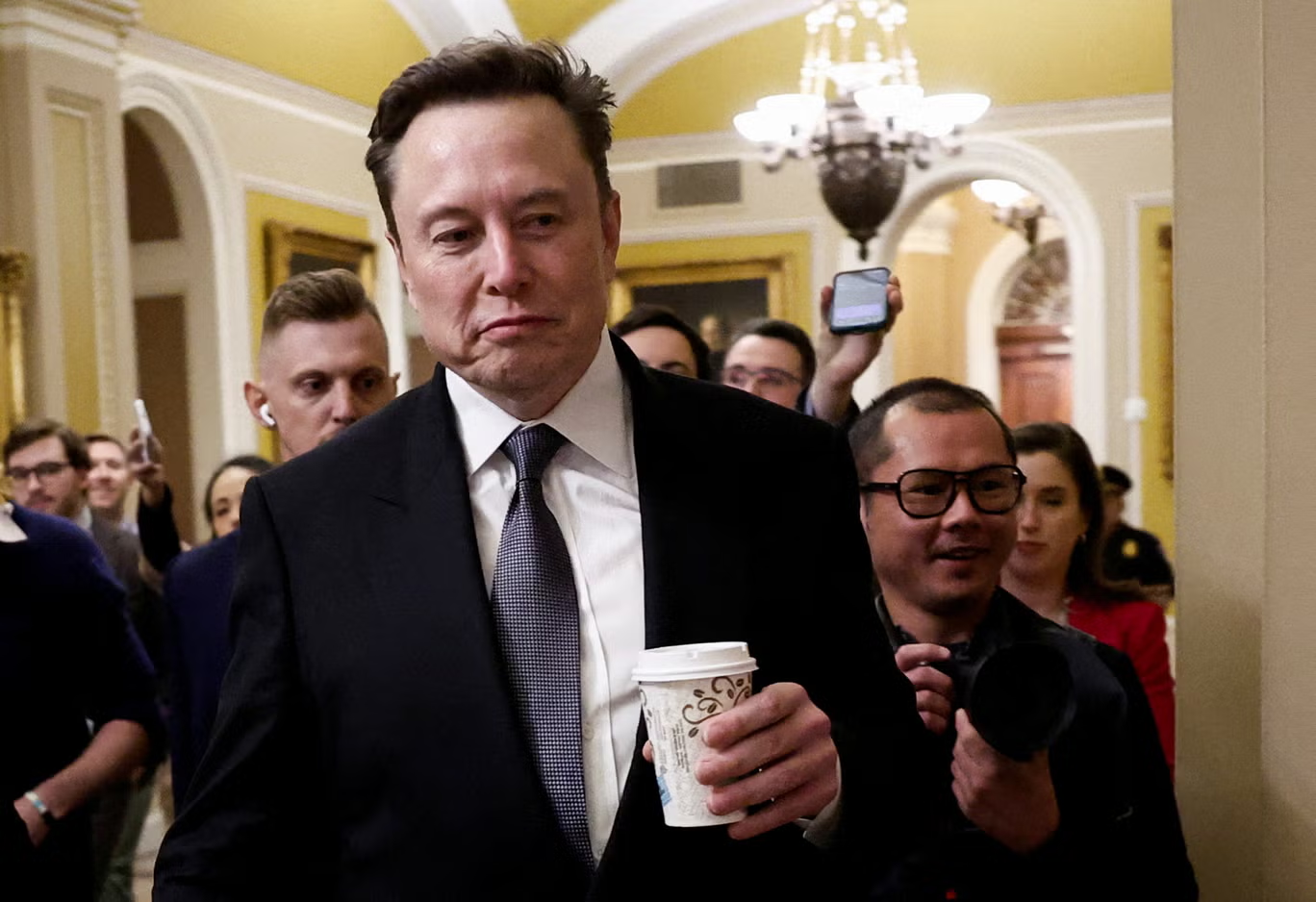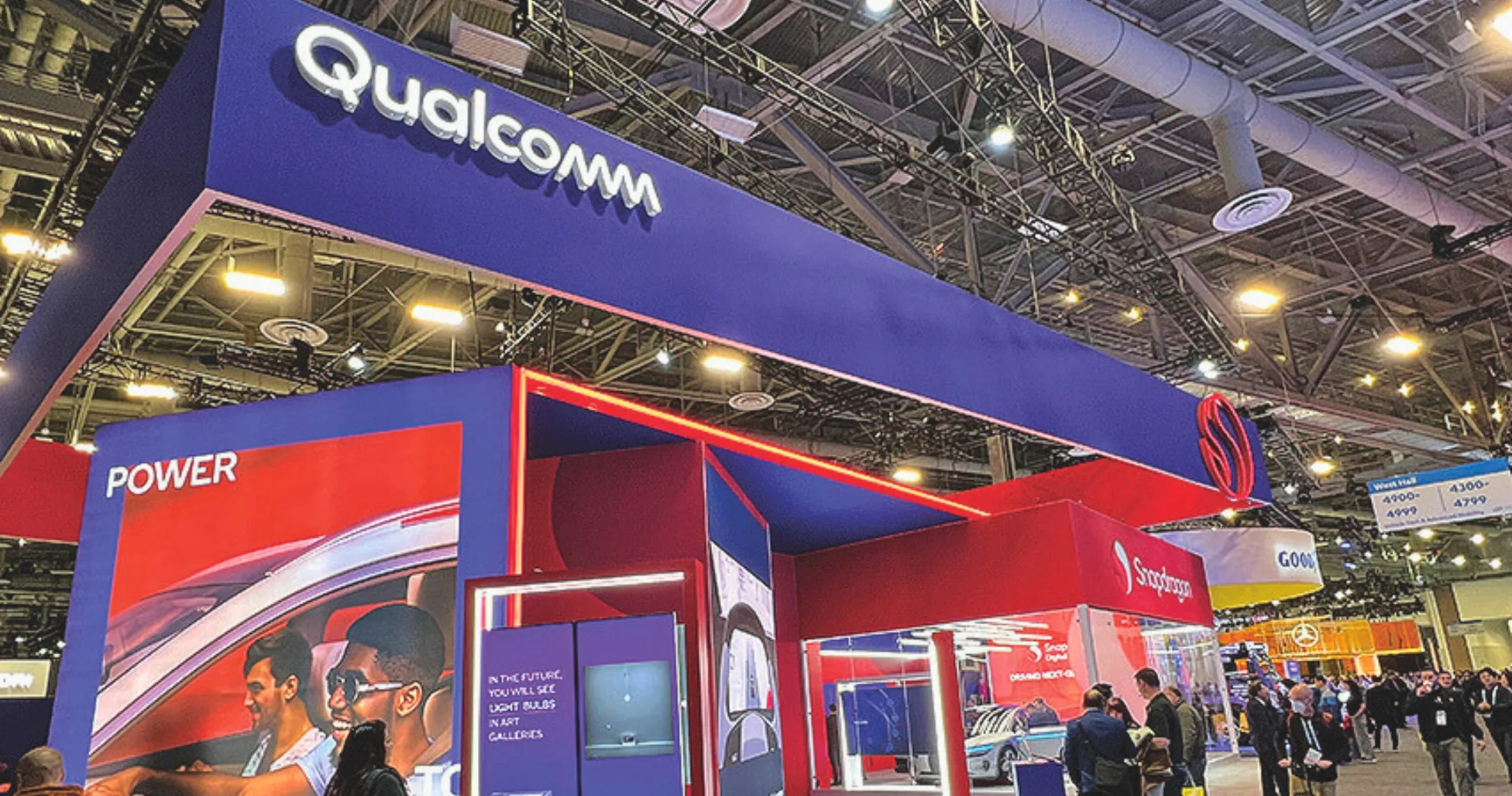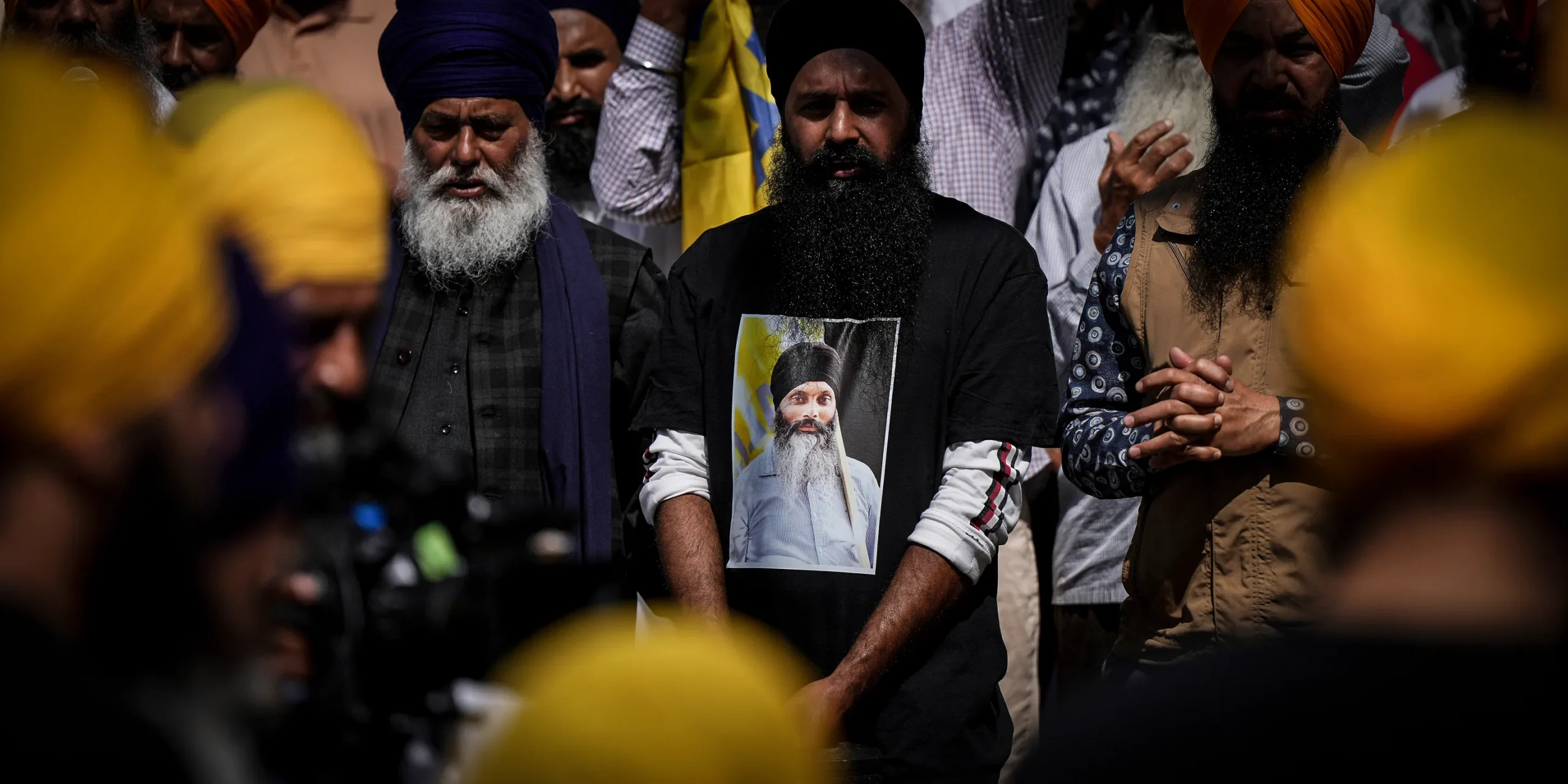CANBERRA, AUSTRALIA – King Charles III on Monday was interrupted by hecklers in a formal address to the Australian Parliament, and it reflects simmering tensions within Australia on its ties with the British monarchy. The impromptu interruption has once again set the republicanism movement on live and hot flames, and many opine that this could not have been a worse timing for Charles III’s visit.
A Royal Visit Marred by Protest
The King Charles’ visit to Australia was designed to celebrate the diplomatic and cultural relationship that the Commonwealth country has with the British Crown. The heckling that occurs during his visit highlights growing frustration in parts of Australian society. As the monarch delivered his speech, which spoke to environmental cooperation and shared history, it would have been inaudible as people in the public gallery began shouting anti-monarchy slogans to claim Australia should cut her ties with the British Crown and become a republic.
Security responded promptly by escorting the protesters out of the hall, but the intrusion stood as a sharp reminder of the deep-seated differences in public opinion regarding the role of the monarchy in modern-day Australian life. King Charles briefly stopped before continuing with his address, in amazing composure.
Tensions over Australia’s Constitutional Future
While Australians talk about and struggle with two questions-who they are and how they are governed, to boot-a heckling incident of the kind that occurred last week in the Australian Senate is far from insignificant. The Australian Republican Movement has stepped up its efforts to get a referendum passed to swap the monarchy for an Australian head of state. Public opinion, however, has ebbed and flowed over the years.
Australia’s Prime Minister Anthony Albanese, who recently endorsed a referendum on the matter, condemned the incident diplomatically while challenging citizens to be respectful in civil discourse. “While we encourage all Australians to express their views, there is a time and place for respectful debate,” Albanese said. He added that Australia would maintain its good relationship with the United Kingdom despite any changes the constitutional future might bring.
Opposition leader Peter Dutton described the action as a “disrespectful act,” arguing that such interruptions do much to disturb the traditions of Australia. The monarchy has stabilized our democracy, and these interruptions come from a place of disrespect for our institutions.
International Repercussions
That was the famous and infamous incident in Canberra that attracted much international attention and prompted calls for reflection and debate about the future of the monarchy in other Commonwealth realms, such as Canada and New Zealand. King Charles’ ascension to the throne has already spurred renewed debates about the continued relevance of the British monarchy within the Commonwealth at large, with several of its nations signaling an interest in eventual republicanism in the near future.
It is at times like these that political analysts say King Charles faces the greatest difficulties in the gradual decline of the monarchy’s relevance to nations beyond the borders of the United Kingdom. The British Crown has always acted as a symbolic institution, but attitudes are indeed changing for younger generations within countries such as Australia, thereby threatening the long-term influence the royal family once held.
The heckling also comes at a time of wider international debates over the legacy of colonialism, with some arguing for more complete reckoning with Britain’s historical role. Pro-republic groups in Australia have framed their campaign as part of a larger movement toward decolonization and national sovereignty.
A Crossroads for Australia
The heckling of King Charles III as he addressed the Australian Parliament serves as testament to the growing tension between tradition and change within Australia. As debates on republicanism gain further momentum, so does the role that the monarchy continues to hold within the identity of Australia. The incident was a brief interruption itself, but it stood representative for the greater conversation being had about Australia’s future political direction.
For King Charles, however, it must be a reminder of the challenges his reign faces throughout the Commonwealth. For Australia, it also remains to be seen whether it will be a constitutional monarchy or determine to become a republic. One thing is clear, however: the future will be determined by diplomacy with care, both within and between Australia and the United Kingdom.
image source











